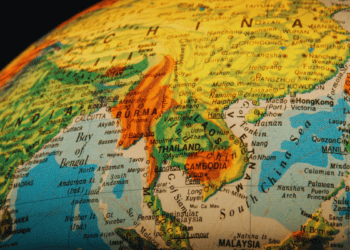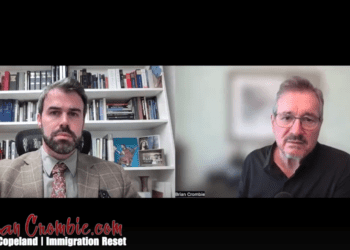 Advocates for free post-secondary tuition need to do their homework, says Brian Lee Crowley. College and university students already get more than they give when it comes to paying for their degrees.
Advocates for free post-secondary tuition need to do their homework, says Brian Lee Crowley. College and university students already get more than they give when it comes to paying for their degrees.
By Brian Lee Crowley, March 18, 2016
Ontario Premier Kathleen Wynne’s only regret? She couldn’t do more.
More to make university and college tuition free to the student that is. In her government’s recent provincial budget she managed to make tuition free for lower-income students paying “average” tuition. Then she later apologised that low-income students would still have to pay something, like their food and rent, while also agreeing that in an ideal world tuition would be free for everyone.
If you want insight into why the Government of Ontario has lost control of its spending, look no further than the beliefs encapsulated in the premier’s remarks.
Even in the mad world of Ontario public finances, with Ontario set to become the most indebted province in the country, governing is still about choosing. Government dollars available for spending on programmes are not infinite, so governments have the responsibility to spend where it will produce the greatest public benefit. Tuition fees still represent only a fraction of the cost of our bloated post-secondary establishments, so tuition is already heavily subsidized. Does it make sense to cut the cost to students even further?
Tuition fees certainly have been rising in recent decades. Has that proven a bar to students attending university? The evidence says not. If tuition fees were the issue, enrolments would have declined as fees rose. In fact it is the reverse. More people are attending university and college than ever before.
Then there must be a crisis of student indebtedness, as young people struggle to repay their crushing loans. Not so. The latest StatsCan figures show that one half of all post-secondary students graduate debt free. Of those with loans who complete Bachelors and Masters degrees, the average indebtedness is $26,000 and over a third of students with debt have it paid off within three years of graduation.
More people are attending university and college than ever before.
What about the evidence from other countries where tuition is free or nearly so? Do they get a disproportionate number of low-income people through post-secondary compared to Canada? No. In fact we have one of the best records in the world at getting people into postsecondary.
There is even a good case to be made that cheap tuition misleads students. If they paid a good part of the real cost of their education, they’d be more choosy about what they studied, because they’d have to be certain they could earn enough after graduation to justify their investment. Because we already over-subsidise post-secondary, we are signalling to students that they shouldn’t worry about whether their degree in sociology or peace studies or psychology will actually help them to land a suitable career. And then students (and their parents) complain that there are no jobs “related to their education” and we wonder at the falling income premium that flows to university graduates. Anyone who still believes the canard that university graduates all earn a million dollars more in income over their lifetime than non-graduates is jumping the gun on marijuana legalization. It is the law of diminishing returns in action. If we have too many graduates in a field, their income will fall. Subsidising students to make poor choices is a cruel and prosperity-destroying policy.
There is even a good case to be made that cheap tuition misleads students.
The best argument against massive subsidization of tuition fees (and we still subsidize them handsomely) is that the average student is the biggest beneficiary of his or her education, not taxpayers.
This is quite different from the situation for elementary and secondary education. We all realise a huge benefit from having a population that is literate and numerate. But in economic terms that collective benefit of primary and secondary education outweighs the benefit to each individual in terms of future income. That’s why it makes sense to provide free primary and secondary education.
The situation is reversed at the post-secondary level. Notwithstanding the falling wage premium, the average degree holder earns more than other workers. In fact it is perfectly possible to calculate the return to taxpayers on their investment in post-secondary education and to compare it to the return that individual students earn on the money they invest in their own university education. Such calculations reveal that students themselves get a much higher return on their education than taxpayers.
There’s little evidence that higher fees restrict access, and lots of evidence both that low fees encourage poor educational choices and that the value of the education compensates the average student for the cost.
Low tuition fees thus represent a socially regressive policy. The average taxpayer does not have a university degree, and certainly has a lower income than the average university grad. By getting a university degree, students capture a large private benefit – much larger than that generated for the taxpayer.
It is rightly said that university students are not all middle-class by origin, but are all middle-class by destination so making students pay makes sense. There’s little evidence that higher fees restrict access, and lots of evidence both that low fees encourage poor educational choices and that the value of the education compensates the average student for the cost.
Brian Lee Crowley (twitter.com/brianleecrowley) is the Managing Director of the Macdonald-Laurier Institute, an independent non-partisan public policy think tank in Ottawa: www.macdonaldlaurier.ca.




